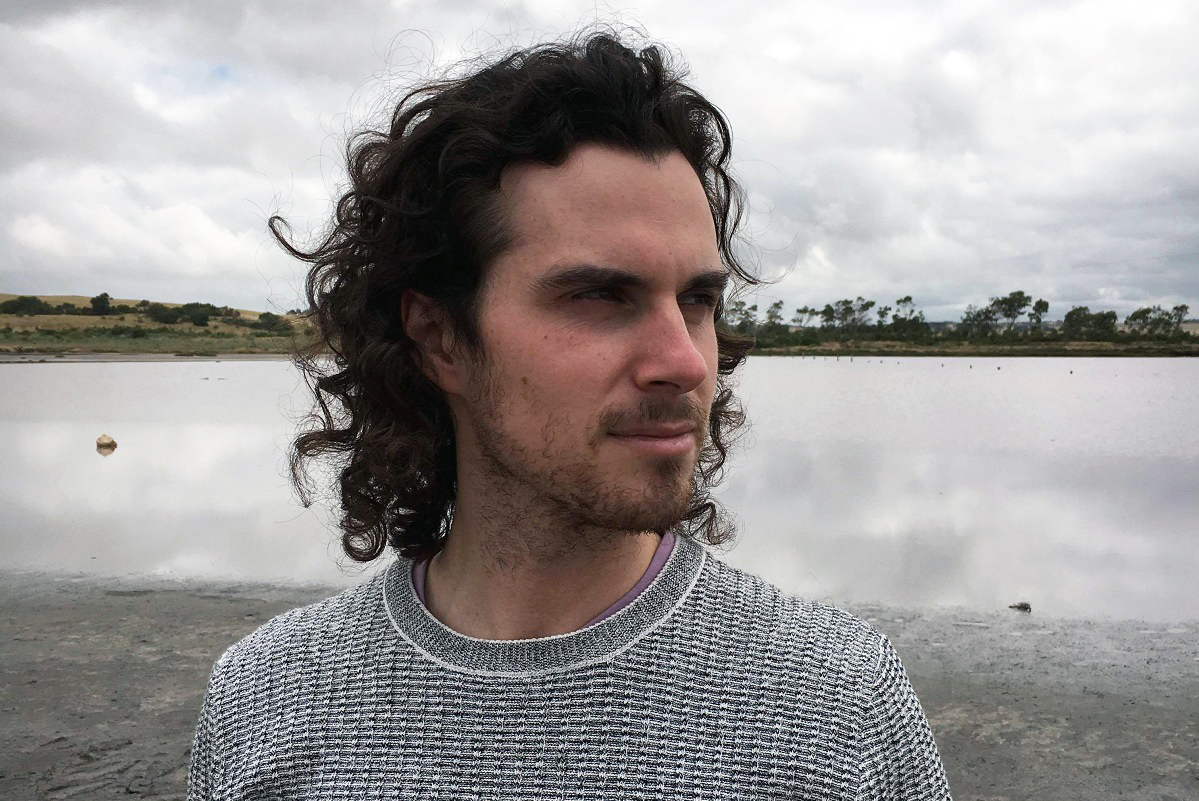
National Science Week, 15 to 23 August, is Australia’s annual celebration of science and technology and a great opportunity to talk to Dr Hayden Tronnolone, whose focus area is essential to all sciences and every aspect of technology.
What is your role at Flinders University?
I’m a teaching specialist in mathematics and a member of the College of Science and Engineering’s STEM Academy. I get to design and teach classes on mathematics, and work with students to help them develop their maths abilities.
Were you always great at maths or did something in particular inspire your maths journey?
I’m still not sure I’m great at maths! It’s something that I love to learn about and no matter how many times I see something in maths, I seem to find something new about it.
I remember going to a football game when I was much younger and wanting to know how many lights there were, so I counted the rows and columns of lights in the towers and multiplied these in order to figure it out. Later, in high school, our teacher gave us an optional explanation of why some maths worked and I sat up to listen while many of my friends didn’t. I mention these because I think I always just wanted to figure things out, whether that meant why some maths worked or using maths to answer a question, and I’ve just never stopped.
What do you most love about maths?
There are too many things to mention! I love being able to use maths to understand the world around us, and doing maths feels like having the chance to look inside the inner workings of the universe. There are so many beautiful connections, patterns and equations to be both found and created, and I love being able to learn about and discover them.
In National Science Week, can you share the relevance of maths to other sciences?
Maths is fundamental to many areas of science, as we often need to graph data and calculate values. More than this, though, maths can help us to see things in completely different ways. We can construct mathematical models of phenomena that let us answer questions that would be difficult or even impossible to do experimentally. The maths that lets us construct an image from a CT scan was created decades before the first CT scanner was invented, and we can create mathematical models of stars and planets that we could never reach in our own lifetimes.
Can you share a challenge and how you overcame it?
During my honours degree, I was stuck trying to rearrange an equation. I didn’t want to give up and spent weeks thinking about it. After many failed attempts, including getting a computer to rearrange things, it suddenly occurred to me to try something new and it all just worked! I was proud of this not for the final moment of inspiration, but the weeks of thought that led to it, which we often overlook.
What is one of your proudest moments?
I’ve been stuck on this question. I thought I would feel proud when I finished my PhD but I think pride accumulates from many small moments together and it’s hard to pick any one of them. Any single moment seems insignificant but together you feel proud to have been through them all. Working at Flinders, I often don’t think in depth about any single day but I feel proud overall to be able to contribute to the University and try to be of help to students. Or at least that’s how I’m going to avoid answering!
How do you like to relax in your spare time?
I would like to say watching football, but it hasn’t always been that relaxing in 2020. I like going for a walk, either around the Adelaide Hills on a weekend or a quick lap around the Tonsley precinct during a break.

